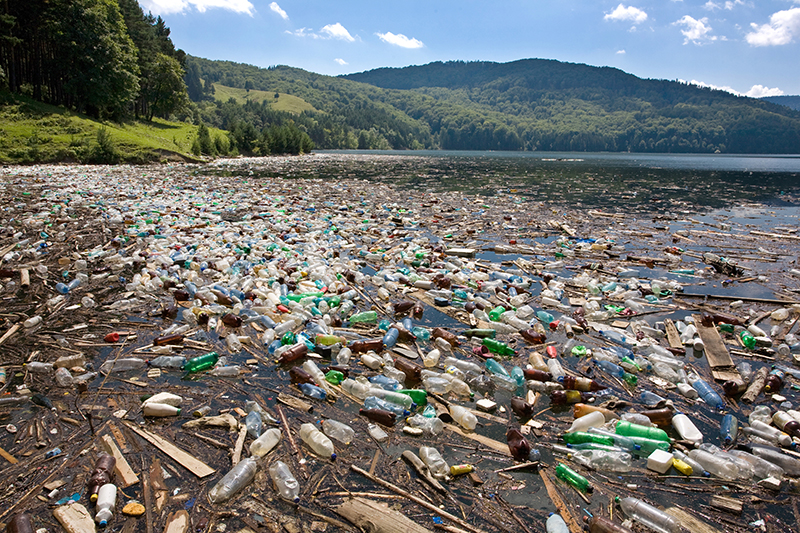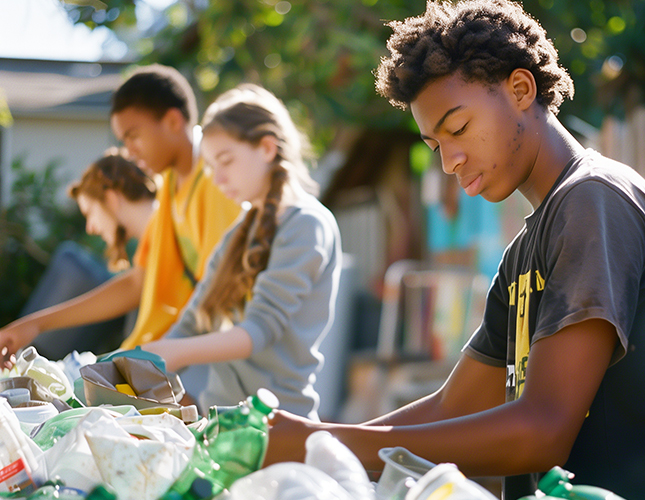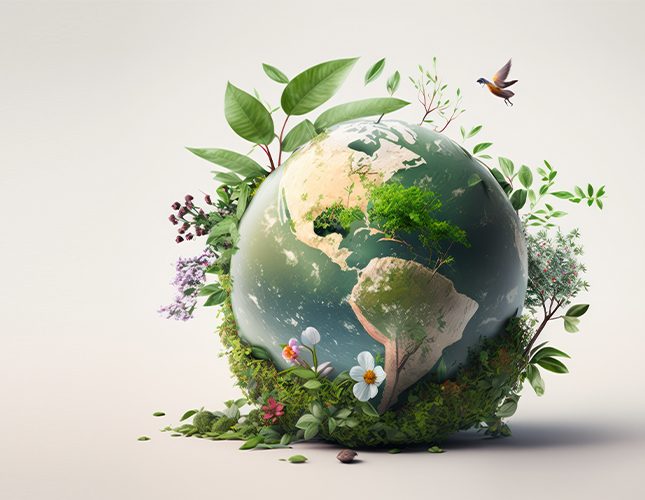The theme of the 2023 edition is "Beat Plastic Pollution"
World Environment Day has been organized for 50 years by the United Nations (UN). Since its foundation in 1973, World Environment Day has been a day dedicated to raising public awareness of environmental issues, such as the protection of oceans, forests, and wildlife. As environmental protection increasingly becomes an important topic in society, it has become a forum for discussions on important issues surrounding the protection of our ecosystems. This year’s theme is the fight against plastic pollution.
Why celebrate World Environment Day?
World Environment Day encourages governments and businesses to accelerate the implementation of concrete measures to limit global warming to 1.5 degrees Celsius. World Environment Day 2023 aims to promote the rapid implementation of a circular economy to counter the plastic pollution of our environments, like that of our oceans. The UN estimates that “19 to 23 million tonnes of plastic end up in lakes, rivers and oceans every year”. Similarly, barely 10% of the total plastic produced each year is recycled: that’s around 40 million tonnes.

The fact remains that we produce more plastic than we recycle, notably because not all countries, where plastic is imported, are equipped to recycle it, or because its very composition makes it simply not recyclable. The most obvious example of this is single-use plastic, which is not always recyclable or, when it is, could be made into a greener or even biodegradable alternative!
#BeatPlasticPollution
Every year, we produce enough plastic to fill more than 21 million intermodal containers used to transport goods by ship and train! If they were tied together, they would circle the Earth three times. If we continue to produce this much plastic, it will be tripled by 2060. By next year, 2024, plastic could account for 19% of total global greenhouse gas emissions if we don’t get our act together. Unsurprisingly, single-use plastic is the most popular. In 2019, it accounted for 67% of the world’s total plastic production. That’s 238 million tonnes. For reference, the Saint-Michel sorting center operated by Ricova processes around 100,000 tonnes of recyclable materials annually, mainly from Montreal’s municipal collections, making it the largest sorting center in the metropolitan region.
Why is plastic such a nuisance?
This is one of the questions asked by the report produced by the UN, which explains the choice of theme for World Environment Day 2023. The issues related to our economy based on the systematic use of plastic are as follows:
- Existing structures favor the production of single-use plastics, to the detriment of durable or reusable containers and products. Resources are not used to their full potential.
- In some countries, the waste management systems are poorly regulated and not monitored closely enough by municipalities. Recycling companies are the guarantors of the value of each product on the local and international market, a value that fluctuates enormously according to supply and demand. As a result, some products are more favored than others, depending on their market value.
- Lack of incentives to encourage the creation of new, innovative solutions. Too many business models are still based on the use of plastic when it comes to packaging.
- The capacity of local infrastructures is not considered when a product is created and marketed, as it is often destined for an international market. However, the ability of some regions, in comparison to others, to truly recycle a product that arrives in their market is not always the same.
- The data on plastics is insufficient. There is no globally accepted definition or uniform standards of production, consumption, and understanding of its environmental impact. The lack of data means that it is not possible to properly describe and document the life cycle of plastic.
How to wage war on plastic?
The report produced by the UN in honor of World Environment Day 2023 highlights the benefits of a circular economy, echoing the principles often promoted by zero waste living. What are they?
- Reduce (our plastic consumption)
- Reuse (our containers, bags, etc.)
- Recycle (what can be recycled!)
- Opt for green alternatives (instead of plastic)
According to the report’s conclusions, the UN suggests that opting for a circular economy could save us between 130 and 200 billion dollars a year by 2040. These savings are mainly the result of reducing the production and processing of plastics, while increasing their market value, given the alternatives that could be developed.
What will you be doing to mark World Environment Day 2023?
Do not hesitate to contact us if you have any questions:








